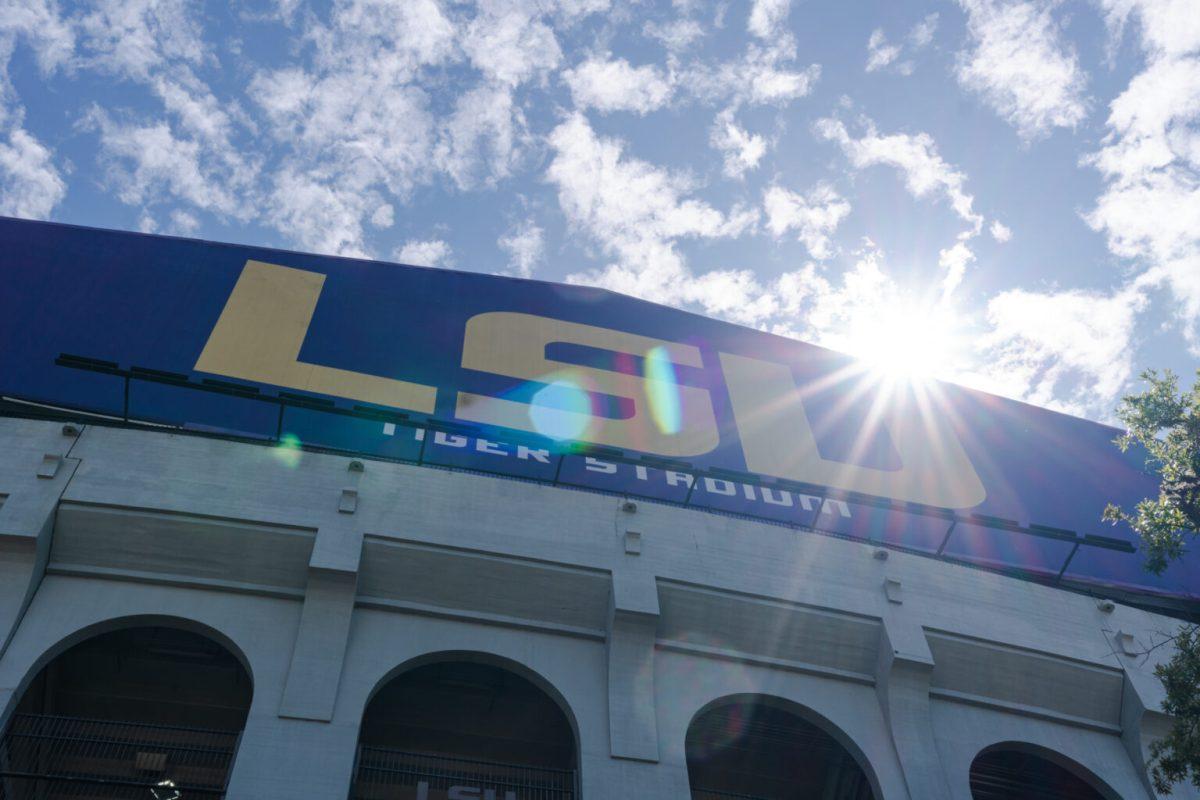A Reveille reporter was interviewing students in the Quad one day about which bars were their favorite. What he reported back to the newsroom gave us pause.
He told us a large number of students said they couldn’t go into Tigerland bars because they were black. These allegations come up almost every semester in anonymous letters to the editor, so with students ready to openly tell their story, staff members committed to telling it.
Two reporters worked to investigate these claims for a few weeks to ensure it was done carefully. We ran the story because it is news — a genuine issue on campus.
The simple fact that The Reveille has received so much feedback on the story proves that a story about race issues around campus is something people care about and something that is real.
Some have said our reporters’ work was biased, but these people fail to take into account the fact that all owners of bars in the story were asked for a comment — and all refused to talk about their dress code policies. We stand by the reporting of this story.
It is a fact that some bars implement questionable dress codes. No student can ignore the claims of a large portion of campus who say some go out of their way to think of offensive and derogatory rules, such as banning FUBU clothes and “Mr. T starter kits.” How can anyone say those rules are not racially motivated? FUBU is a line of clothing designed specifically for African Americans, and Mr. T is black.
One argument in favor of the dress code is that it helps bar owners maintain safety inside their establishments — thus implying that black people are “not safe.” However, anyone who’s been to Tigerland can tell you bar fights happen regardless of race. Alcohol seems to cause more fights than anything else.
Perhaps, if safety is a main concern, then bar owners should regulate the amount of binging that goes on at their bars and not the dress code.
The fervent denial by many students is an expected one. In reality, discriminatory dress codes are nothing new. In fact, we suspect they have been in the back of people’s minds for awhile now. However, talking about these issues in the open means people no longer can deny that this happens. This forces students to consider how they feel about discrimination at some of their favorite hangouts. It forces people to think about race.
Many have reacted with anger at The Reveille, the LSU NAACP and those who speak out against these dress codes. By becoming angry and taking cheap shots at these groups, students can avoid talking about the actual issue, which is racial discrimination.
As far as accusations of this issue being a part of The Reveille’s “agenda,” we can say only one thing — our only agenda is to cover the students of LSU and their concerns. Allegations about a leftist, liberal agenda are unfounded for two reasons. First, our editors all come from different political backgrounds. Second, you don’t have to be “liberal” to see discrimination as wrong.
In Baton Rouge, race often is ignored. Our public school system remains in the midst of the longest desegregation case in the nation and race relations still are tense here.
The LSU community must confront racial issues head on and not deny that they exist. In this time when our country has been focused on protecting its freedoms and working to defend our rights abroad, it is shameful that businesses still implement discriminatory policies and people still abide by and defend them.
Simply put, it’s time for change.
Editor’s Note: Staff editorials are the view of the Reveille’s editors. Send letters to the editor to opinion@lsureveille.com or post feedback to this site
Staff editorial: Discrimination in Tigerland bars must end
May 4, 2003






